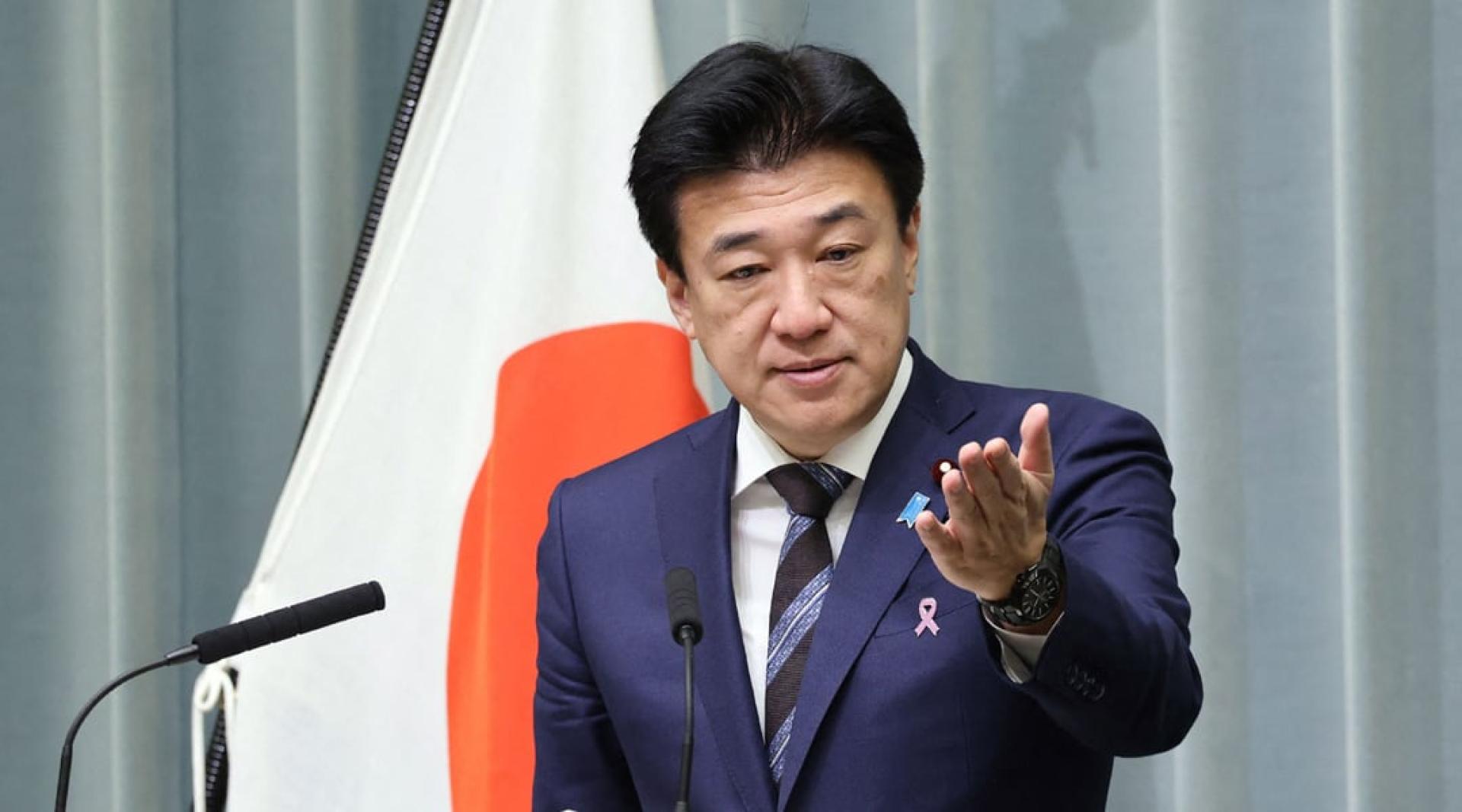After China suggested its citizens avoid traveling to Japan for the time being and to carefully consider plans for studying there, in response to statements related to the "Taiwan contingency" by Japanese Prime Minister Sanae Takaichi, Japan’s Chief Cabinet Secretary Yoshimasa Hayashi stated on the 17th that this does not align with the direction previously confirmed by both leaders.
At a press conference, he said: “Notifications such as reducing exchanges between the two countries in areas including tourism and studying abroad do not align with the broad direction previously confirmed by our leaders, which is to promote a strategic, mutually beneficial relationship as well as to build a constructive and stable relationship.”
He pointed out that Japan has strongly urged China to handle the matter properly, and the Japanese government will continue to monitor the impact of China’s series of measures and respond appropriately.
Regarding the visit to Beijing by Masaki Kanai, Director-General of the Asian and Oceanian Affairs Bureau of the Ministry of Foreign Affairs, Yoshimasa Hayashi stated that Japan and China regularly conduct communications across various levels and will not comment on the details of each instance.
Japan sent Masaki Kanai to visit Beijing that day, and he is expected to hold talks with Liu Jinsong, Director-General of the Department of Asian Affairs of China's Ministry of Foreign Affairs, among others. Japanese media predict that the meeting will likely mention Sanae Takaichi's comments about the “Taiwan contingency.”
In addition, regarding Chinese Coast Guard ships entering Japanese “territorial waters” near the Diaoyu Islands on the 16th, Yoshimasa Hayashi pointed out that a stern protest was made through diplomatic channels over this act, which violates international law, and a strong request was made to leave immediately.
He said that this incident is deeply regrettable and unacceptable, and that Japan would respond calmly and firmly in the future.
